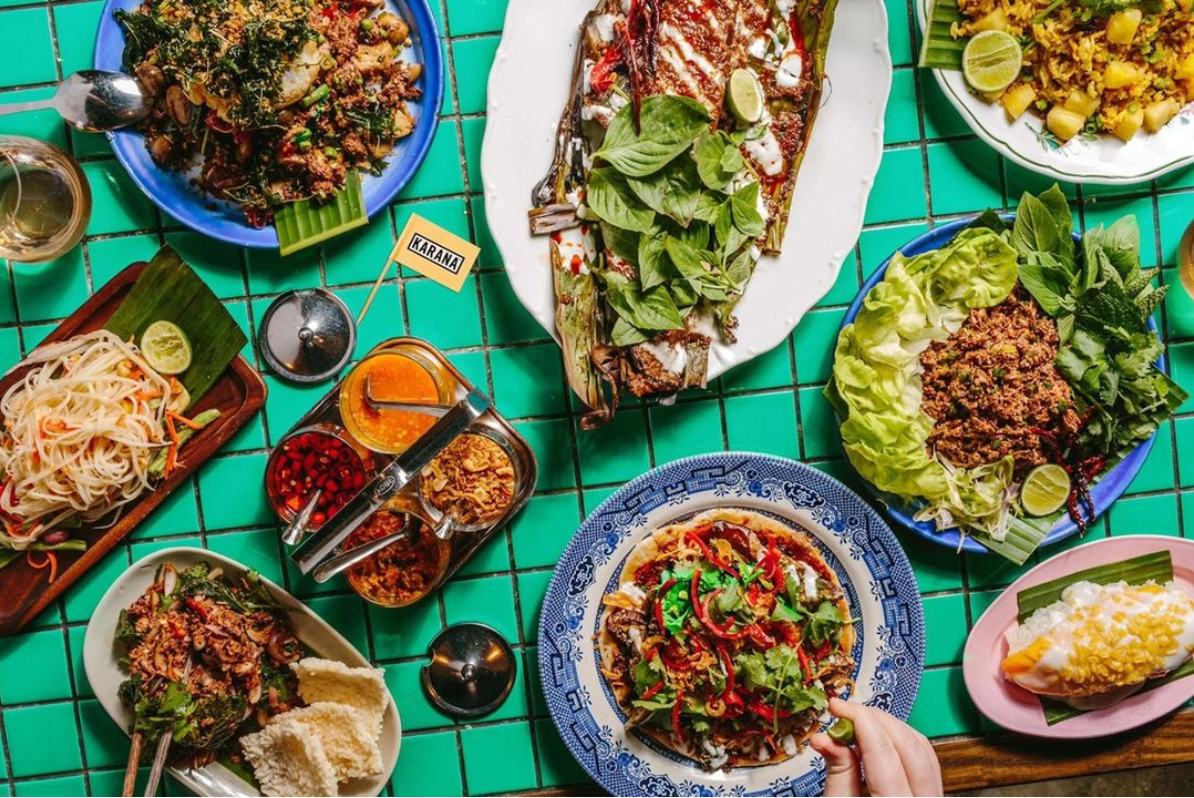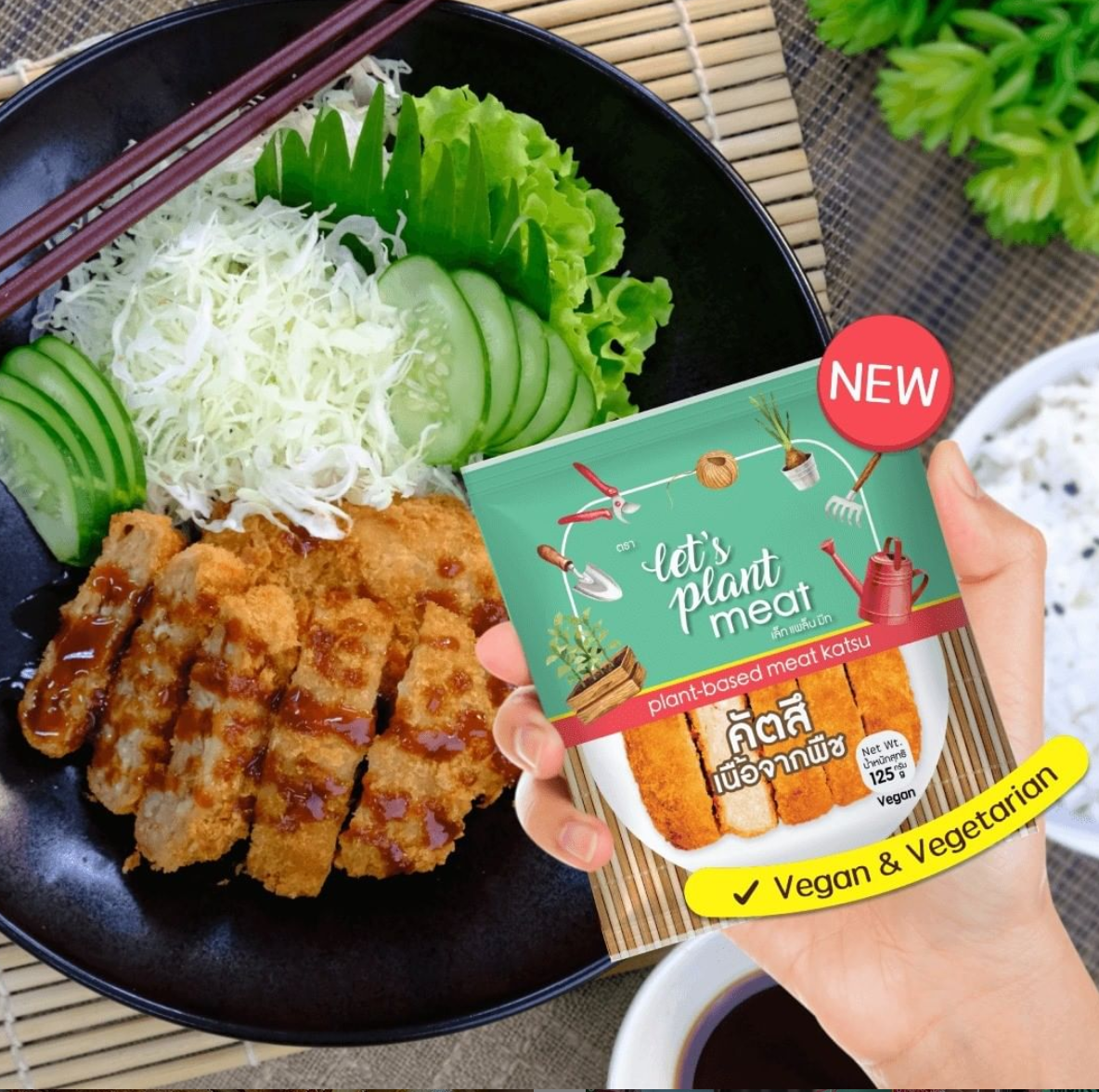In honour of May 28th, National Hamburger Day, here are 7 alternative protein options for you to try.
Meat is a staple in many diets as it provides a good source of protein, vitamins, and minerals. It contains iron which prevents anemia, and is also rich in omega-3 fats and vitamin B12. However, despite protein being necessary for a well balanced diet, people are known to consume 25% more than needed. The general rule is to consume a maximum of 16 oz of meat per week, that is equivalent to around 3 oz per day, which is the size of your palm. Overconsumption of meat can lead to high cholesterol, blood pressure, heart disease, and obesity.
To make up for increasing meat demand, livestock production not only causes emotional trauma due to inhumane slaughter, but also greenhouse gases like methane and nitrous oxide to rise. This has a 28 times higher effect on global warming, mainly due to manure storage and the use of inorganic fertilisers. Meat and dairy products alone already account for 14.5% of global greenhouse gas emissions.
Besides making up for overconsumption, food industries have to also compensate for overpopulation. By 2050, the world population is expected to grow by 34%. In order to consume more sustainably, with low environmental impact, many are turning to alternative protein. Here are 7 FoodTech startups in APAC for you to enjoy a delicious and environmentally friendly hamburger with.
1. DiverseFarm
It is estimated that every year, around 77 billion land animals are slaughtered for food, and 8% of the world’s water consumption is used for livestock, meaning that most of our freshwater has been contaminated with animal waste. An alternative to slaughtering animals and farming livestock is cultured meat. Cell-based protein involves scientists extracting muscle cells from livestock and nurturing it so it will multiply. DiverseFarm was founded by Tokyo Michelin-star chef Shimamura Masaharu and cellular agriculture company, TissueByNet. Wanting to find a solution to overpopulation and to lessen energy consumption by 45%, they have created a technology called cellular agriculture. This technology involves growing cells in a culture media to reproduce the internal environment in order to have the same texture as real meat.
2. Fable
Besides their beauty benefits, shiitake mushrooms are also known to be a great source of protein. Rich in vitamins and minerals, shiitake mushrooms add an additional umami “meaty” flavour to any dish. Australia-based startup Fable created a plant-based meat using shiitake mushrooms as their main ingredient, along with gluten free soy sauce, coconut oil, and tapioca flour. Founded by Texan mycologist Jim Fuller and mushroom farmer Chris McLoghlin, they aim to create a product that contains the Texan BBQ taste and texture of pulled pork and beef brisket. Fable’s mushroom meat is available in over 1,300 retailers across Australia, and their website also includes different recipes sharing how to cook their mushroom patty to enjoy optimal flavour.

3. Karana
Jackfruit originates from Southeast Asia, and is the national fruit of Bangladesh. It has the appearance of a durian but it is actually not related to it at all, and is in the mulberry family, cousins of the fig tree. If you enter any vegetarian restaurant, some options will include jackfruit as an ingredient. That is because when cooked, it tastes and has the same texture as pulled pork. Besides being listed as low carb, jackfruit has many benefits which include enhancing immunity, high in antioxidants, improving digestion, and it reduces cardiovascular diseases and osteoporosis. Singapore-based startup, Karana, has created a whole line of pork alternatives using jackfruit. Co-founders Dan Riegler and Blair Crichton have already expanded to Hong Kong, and are hoping to expand all across Asia, offering ready-to-cook barbecue pork buns (char siu bao) and dumplings.

4. Let’s Plant Meat
Tofu is one of the most common soy products used as a meat substitute since it is known for its high protein content and nutritional value. Thai FoodTech startup, Let’s Plant Meat, offers plant-based burger patties and minced meat, and their main ingredient includes 4 types of soy plants, rice, coconut, and beetroot. The reason why Let’s Plant Meat is pivoting towards using soy products is because it contains no antibiotics, cholesterol, and animal products. Currently, they are only selling in markets in Thailand but they are hoping to expand to Singapore and other countries in Asia soon.

5. Sungift
In contrast to wheat, corn, and soy, peas require less water, reduce nitrogen levels when growing, and are also drought tolerant, making them a more sustainable ingredient. Pea is a high quality protein for muscle growth and weight loss, and the iron in it also reinforces a healthier heart. Taiwanese startup, Sungift, created a plant-based meat made from pea protein, and they believe that pea protein is much better than soy protein since it is richer in vitamins, is hypoallergenic, and free of phytoestrogen.
6. TN Meat
Hong Kong-based TN Meat is a plant based meat curated for the taste preferences of Chinese people, and includes soy protein, pea protein, wheat, and potato starch. The name TN Meats stands for “Taste New” and the brand hopes that this new form of meat will lead people to have a healthier and more environmentally friendly lifestyle. Manufactured in Taiwan, TN Meats recently started selling their products including beef burger patties, chicken nuggets, beef crumbles, and minced pork on HKTVmall.

7. CricketOne
The alternative protein market is continuously growing in Vietnam, and by the end of 2020, it is expected that the market will reach US$249 million. With the rising demand of wanting a healthier option, many companies are turning towards other sources other than just plant-based protein. Cricket farming is one of these options as it offers almost the same amount of protein as beef with even more micronutrients because of cricket exoskeletons. Crickets require 12 times less feed, 13 times less water, and less space compared to cattle, which is why Vietnamese startup CricketOne has turned towards this option. The company aims to normalise insect eating by creating cricket powder and burger patties, and since their founding in 2017, the company has already received 7 figure funding led by Corecam Capital Partners in Singapore.
Related Articles
Hong Kong Food Guide: 37 Famous Local Dishes You Should Try
This AI System Could Be The Solution To Cutting Down on Food Waste
OzHarvest: This Female CEO is Leading the Global Revolution Against Food Waste





